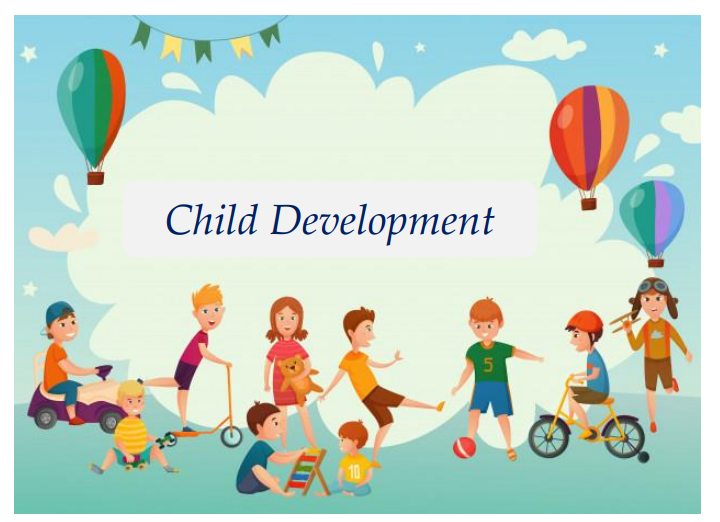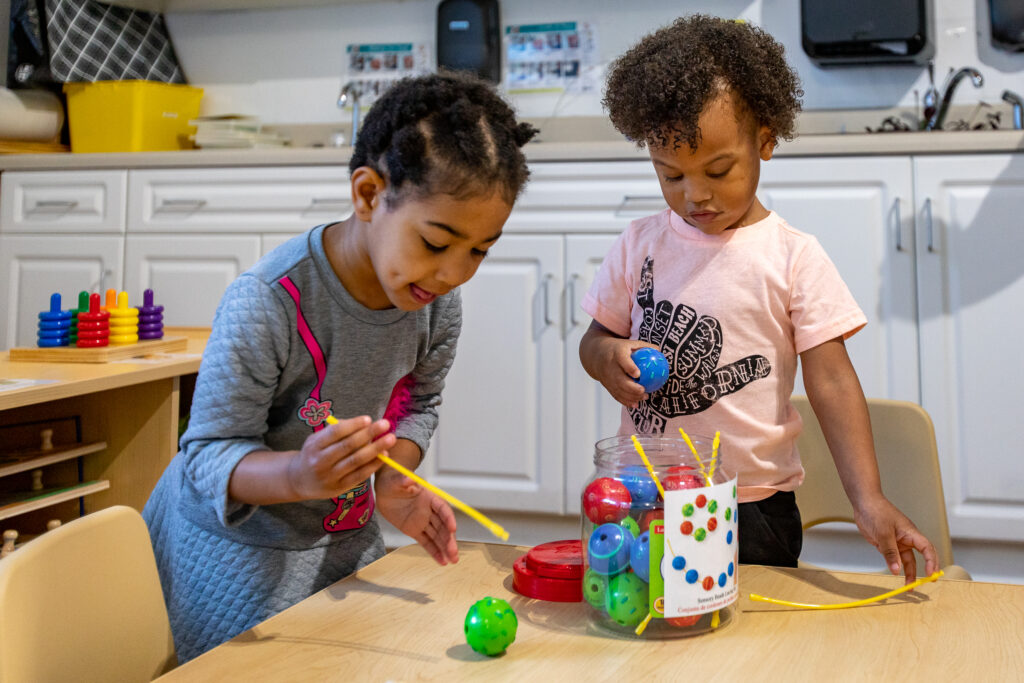
The early childhood community recognizes the first few years of a child’s life as the most formative years. The child’s brain is developing rapidly and learning a lot of things very fast. During this time, they’re picking up language, motor skills, and social cues from every person they interact with. Naturally, the people that a child interacts with regularly – particularly their family – have a lot of influence on the child’s development.
To a child, they recognize their family members as the following;
- their primary social group,
- the people who have control over their schedule, activities, and diet
- the people who guide them through transitions and big emotions.
Even if you are a working parent with limited time to spend with your child, your child looks to you as an example. There are things you can be mindful of to make the most of that time!
Socializing: Reinforces Good Behaviour
Face-to-face interactions
In-person interactions can subconsciously reinforce a lot of social behaviors. Beyond the words we use, we communicate a lot through non-verbal cues. Things like consciously, putting your phone away, not interrupting each other, using kind words, and saying please and thank you will subtly teach your child that there are unspoken “rules” to socializing. These conscious behaviors are what your child will use to build their arsenal of social behaviors. Remember, your child is observing everything you do and forming ideas of what is acceptable and unacceptable.

Do as I say
Because this also means that when you lapse in front of them, they learn that bad behavior is okay if trusted adults do it. As adults, we may be tempted to tell a lie every now and then, depending on the situation. As adults, we also understand that when we choose to lie, our reasons may be complicated and nuanced. Your child watching you, however, does not understand the context behind the lie. They simply learn that lying is okay. So, be clear about the values that you teach your children, and be careful to uphold those values through your behavior in front of them.
Empower your Child with Language
As a basic knowledge, it’s easy to note the benefits of acquiring language early. It helps children communicate their needs and engage meaningfully with their surroundings. But, did you know that when a child gains vocabulary, it helps their emotional, mental, and social development? Language is a foundational building block in a child’s development. It acts as the basis through which a child learns about and makes sense of the world.

One way you can foster language development is to keep talking to your child. It’s simple, but it can make a huge difference. Here are a few pointers:
- Speak to your child about things they care about to engage their attention.
- Allow your child the time to find the words or actions for what they’re trying to say, instead of rushing to put words in their mouth.
- Respond to incorrect word forms with the correct ones. E.g., if your child says “I sitted”, you respond with “you sat?”
Childhood development isn’t always obvious, but trust that every minute you spend with your child is shaping their development. And, while it’s important to be intentional in your interactions, remember to enjoy the present moment with your child. This precious age only lasts for so long, so cherish it!